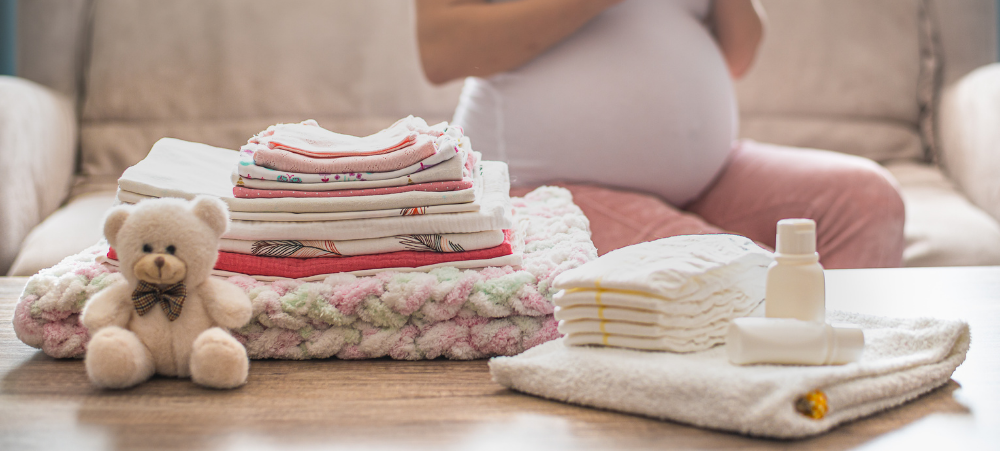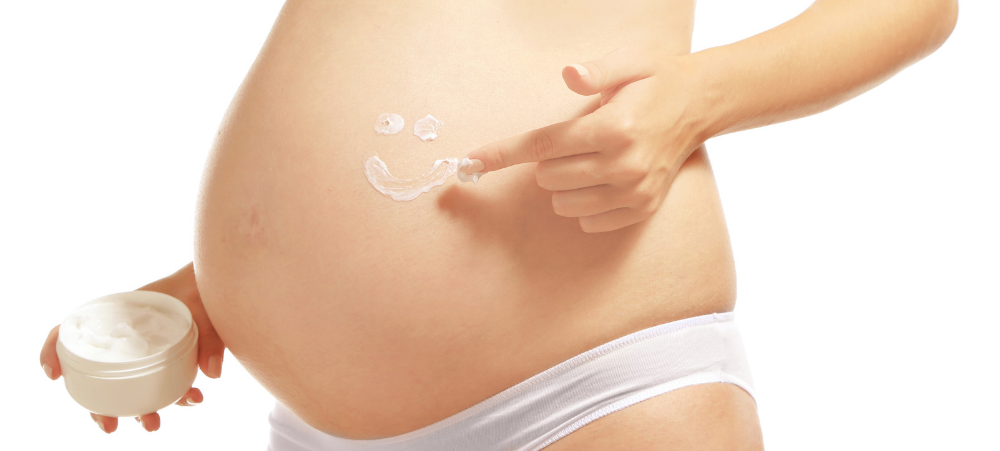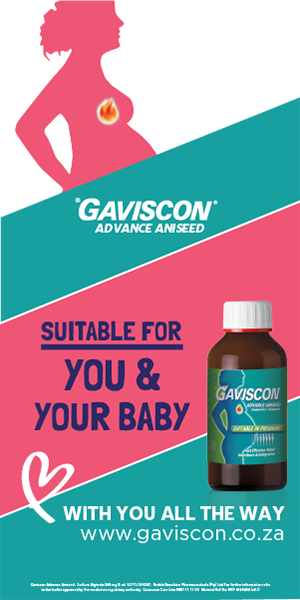
World Down Syndrome Day: What to expect parenting a child with Down Syndrome
Finding out that you will be a parent is an exciting time for many. But finding out you will be a parent to a child with Down Syndrome, is often met with shock. If you will be raising a child with Down Syndrome, it can be challenging, so make sure you have a good medical team who can support you. 18 March 2021: With the world observing World Down Syndrome Day (WDSD) on 21 March, it is a good time to demystify what parents can expect from the first few months of life if they are expecting a child with Down Syndrome. This is especially so given that there are many cultural taboos around talking about, or having a, child with Down Syndrome. “The most important thing to understand is that raising a child with Trisomy 21 is challenging, given that the entire family dynamic will be affected. High levels of support and understanding are essential,” says Dr Iqbal Karbanee, paediatrician and CEO of Paed-IQ BabyLine, a trusted telephonic medical advice service for the first 1000 days of a child’s life, starting from conception to birth and beyond. Down Syndrome is caused by the triplication (trisomy) of the 21st chromosome and affects approximately 1 in 800 newborns. According to Dr Karbanee, it is the commonest chromosomal abnormality. He says that there are many features of Down syndrome that can be picked up during pregnancy and screening is readily available. The screening is offered mostly in high risk cases of which the commonest is an older expectant mom. “If you are pregnant and are diagnosed, it can be a major shock and parents have to face the choice of carrying on with the pregnancy or not. This is an intensely personal decision and should be carefully considered after discussion with all involved, and importantly, also the medical team.” Babies affected by Down Syndrome have a higher risk of abnormalities affecting multiple systems of the body. Parents will need to understand that the newborn will require a cardiac assessment as well blood tests to ensure the body’s systems are functioning normally. Feeding can be a problem as low muscle tone is associated with Trisomy 21. “The best way to approach this is to ensure the medical team is involved often as regular follow-ups and check-ups will be important. You need to make sure you can trust your medical team; this will be essential to getting the help your baby needs,” says Dr Karbanee. He adds that if you already have other children in the family, the needs of the child with Down Syndrome will be different to other children and will require everyone to adjust accordingly. “Developmental milestones will be delayed so expect the baby to sit and crawl much later than normal. Special schooling will be necessary as well as ongoing visits for physiotherapy and possibly Occupational and Speech Therapy,” says Dr Karbanee. “Having said that, while having a child with Down syndrome may be a huge adjustment for the entire family, the good news is that children with Down syndrome tend to have a pleasant personality and parents report that they are a delight to the family. “Speak to your paediatrician about all of your concerns, fears, or expectations, as it is her or her role to co-ordinate the care of the child and ensure that the health of the child is optimised,” concludes Dr Karbanee. About Paed-IQ BabyLine Paed-IQ BabyLine is a trusted, telephonic medical helpline for pregnant moms and new families. With healthcare advice given by qualified, experienced and medically trained nurses, we aim to improve health outcomes during the first 1000 days of a child’s life, starting from conception to birth and beyond. We are there for mommies-to-be at all stages of their maternity journey as well as new parents or caregivers to young children. By offering early and appropriate medical intervention through advice, we have helped to safeguard the health of over 10000 children, and helped moms and families successfully navigate the medical concerns of their young children. Visit https://paediq.com/ for more.




































